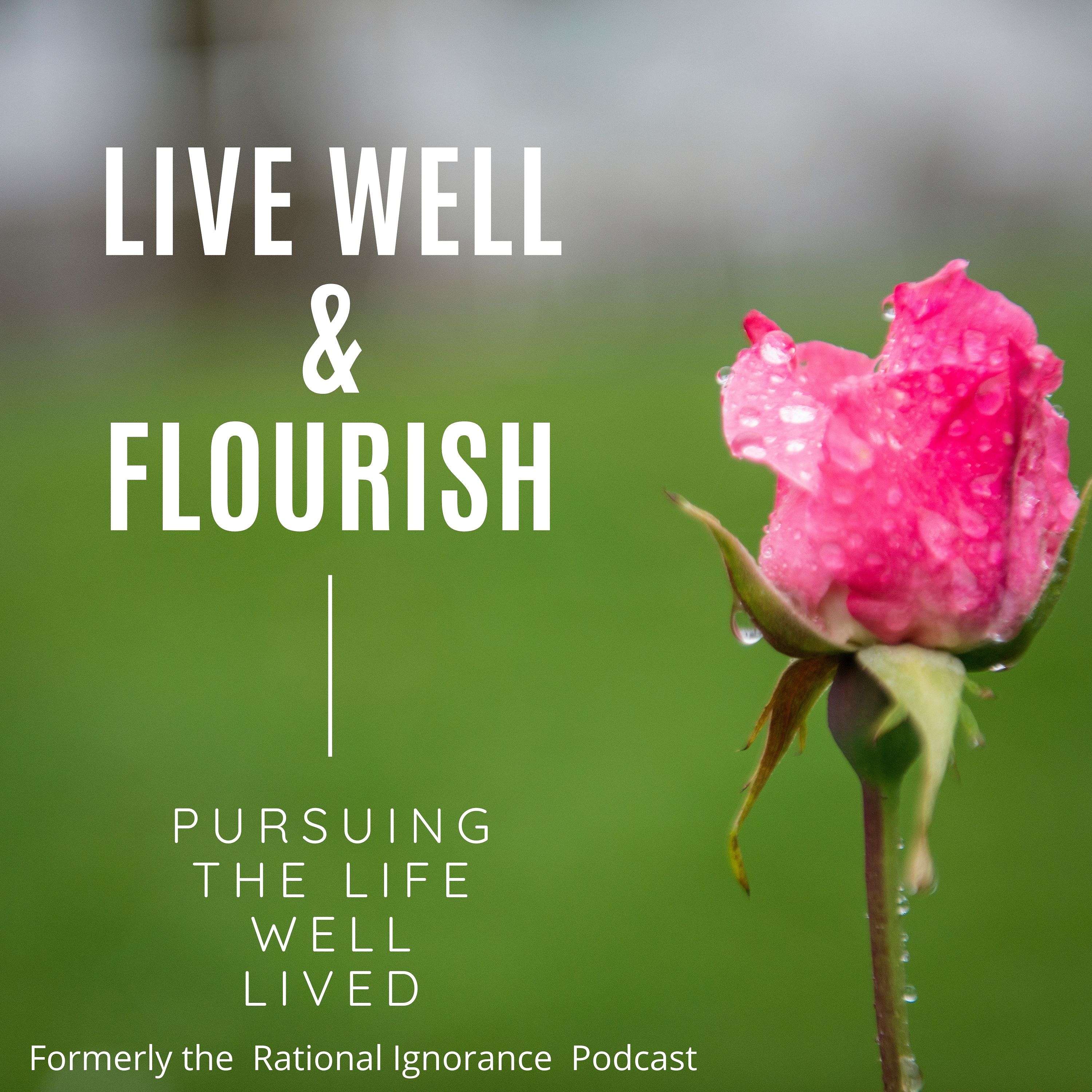The Four Pillars of an Excellent Life

The Four Pillars of an Excellent Life
What does it really mean to live an excellent life? I'm writing this for one reason: to help you live an excellent life. Not just a good life, not just a successful life, but truly excellent life. (And yes, I'll admit, I also love thinking about these big questions.)
Before you can live an excellent life, you have to understand what that means. I suppose you could stumble on excellence by accident, but that's not likely. What DOES "excellent life" mean? Despite the thousands of years of effort by philosophers, the truth is, nobody knows, or more precisely, nobody knows what an excellent life is for YOU. That's something you have to figure out for yourself. If you truly seek excellence, you’ll never stop pondering what it means to live an excellent life."
So, the question of excellence is a big one and an important one. I can't tell you what it means for you to be excellent, but I can give you a start on figuring it out. The good news, really good news, is that even though you may never fully understand what excellence means in your life, you'll live more excellently (is that a word?) just for having pondered the question. Remember, excellence isn't a destination, it's a journey.
To help you along your journey, I'm going to give you my framework for living an excellent life. This is a framework, not a recipe. In other words, I'm going to give you the foundational principles of excellence. You're going to have to fill in the details through learning, attention, and reflection. By doing so, you’ll create the conditions that let excellence emerge naturally.
There are four elements to my excellence framework. Four pillars supporting a life of excellence. I've thought a lot about this and tried to keep things straightforward, although I wouldn't call it simple. My pillars of excellence align with and pull from different philosophies as interpreted by me, combined with my own reflections. Here are my pillars: Virtue, Reason, Purpose, and Connection.
Virtue is about being the kind of person you should be morally. Virtue is the absolute bedrock of excellence. Virtue is also what drives your actions, your decisions, and to an extent even your thoughts and how you view the world. To understand virtue, you have to understand what it means to be a good person. To me, virtues are the characteristics of a good person that make them good. Courage, kindness, wisdom, honesty ... the list is slightly different for everyone. The Stoics have four cardinal virtues, wisdom, courage, justice and temperance. Benjamin Franklin had thirteen virtues he pursued. You'll have a different list, one that may keep adapting throughout your life. The main point here is that to be a good person, you have to understand what a good person is. Others' lists can get you started, but at the end of day, your list is YOUR list.
The second pillar is reason, as in the use of one's ability to think logically. Reason in this context is the application of thoughtful reflection to guide action. In other words, it's thinking about what the right action is in any situation. Reason is about logic, but it's not JUST about logic. It's about logic directed at the right goal. That's where virtue comes back into play. Virtue guides what "right action" means.
But virtue and reason aren't enough. You also need a purpose. Aristotle wrote about excellence in terms of living according to nature, but he didn't mean nature as in just the natural environment (although that's part of it), he means the true nature of being human. I believe, and many others would agree, that it is in the nature of humans to live in pursuit of some purpose. That purpose may never be fully achieved, but it should always be the star that guides your life's journey.
Connection, the final element of my framework, also relates to the nature of humans. Humans are social creatures. We feel a sense of unease when we lack connections to others. This is an element of many ancient philosophies and it's an element of modern psychology. To live life well, you need relationships with other humans.
Well, that's my list. I've thought about other elements, such as mindfulness and acceptance, but I think these are embedded in the others, or maybe they amplify the others. Although I presented these separately, they really work together.
Virtue serves as your moral compass and foundation. It defines the values that guide all your decisions and actions. Without virtue, the other pillars might lead you astray - purpose without ethical boundaries could justify harmful actions, reason without moral grounding could become cold calculation, and connection without virtue might lead to toxic relationships.
Reason acts as the practical application of your virtues. It helps you determine how to live virtuously in complex situations, how to effectively pursue your purpose, and how to navigate relationships thoughtfully. Reason without the other pillars would be directionless intellect.
Purpose provides direction and meaning. It channels your virtuous character and reasoned thinking toward meaningful goals that align with your values. It gives you something to strive for that transcends immediate pleasures or concerns. Without purpose, virtue and reason might exist without direction, and connections might lack depth.
Connection grounds everything in human relationship. It reminds you that excellence isn't a solitary pursuit but emerges within community. Connections provide feedback on your virtues, challenge your reasoning, and often contribute to your sense of purpose. Without connection, the other pillars might become theoretical rather than lived experiences.
The magic happens when these elements work together, each supporting and strengthening the others:
Your virtues shape what purposes you find worthy
Your purpose directs how you apply reason
Your reason helps cultivate virtuous character
Your connections provide context for virtues, purpose, and reasoning
This creates a self-reinforcing system where growth in one area naturally promotes growth in the others, helping excellence emerge organically over time rather than through forced effort.
So, how do these pillars work together in practice? When balanced and in harmony, they create a foundation for excellence that's both stable and flexible. Your virtuous character guides your reasoning, your reasoning helps clarify your purpose, your purpose strengthens your connections, and your connections, in turn, challenge and refine your virtues.
This isn't about perfection – it's about integration. On days when you feel lost, focus on connection. When you feel ethically challenged, return to virtue. When you're confused, engage your reason. And when you feel adrift, reconnect with purpose.
Excellence emerges not from mastering each pillar separately, but from the ongoing interplay between them. It's in that balanced interplay that an excellent life takes shape.
Here's what I want you to take away from all of this: Living an excellent life isn't about following someone else's recipe or checking off items on a list. It's about understanding and developing these four fundamental aspects of human flourishing—virtue, reason, purpose, and connection. When you work on these pillars together, excellence emerges naturally. Not as a destination you'll reach one day, but as a way of being that grows stronger with every step of your journey. You can’t force excellence, but you can create the conditions that allow it to emerge.
This blog post was originally an episode of the Live Well and Flourish podcast, which is available at https://www.livewellandflourish.com/. You can follow the podcast at https://www.livewellandflourish.com/follow.
Email Craig at: livewellandflourish@pm.me











